Your cart is currently empty!
Tag: SoilHealth
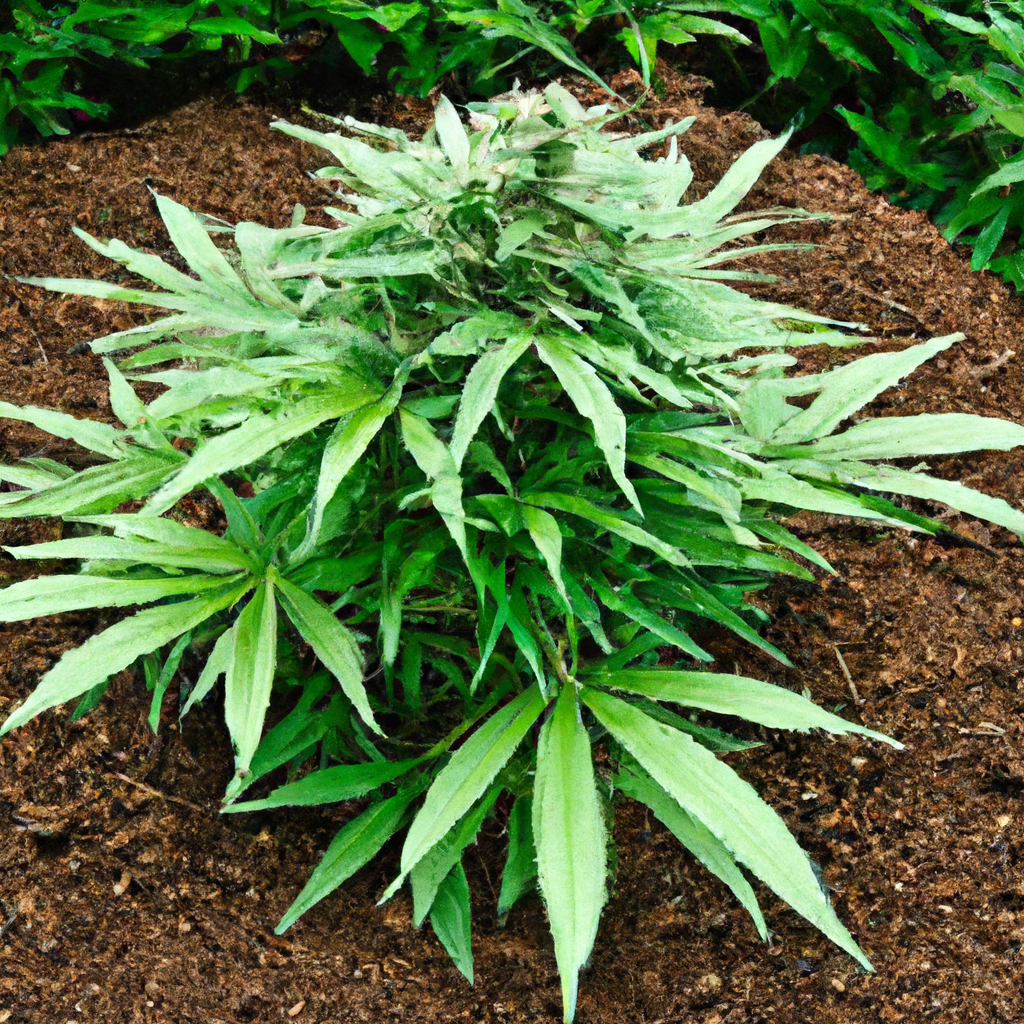
This blog post explores how cannabis cultivation can significantly improve soil health by leveraging its robust root systems, nutrient cycling capabilities, and pollutant absorption. It highlights a case study where incorporating cannabis into crop rotation enhanced soil texture, microbial diversity, and crop yields. The article provides practical tips like using cover crops, organic amendments, and…
Cover crops can significantly enhance cannabis cultivation by improving soil health, nutrient availability, and ecological balance. This article explores how these crops, such as legumes, grasses, and brassicas, benefit cannabis growth by enhancing soil structure, fixing nitrogen, managing pests, and suppressing weeds. By selecting appropriate cover crops and implementing proper cultivation techniques, growers can overcome…
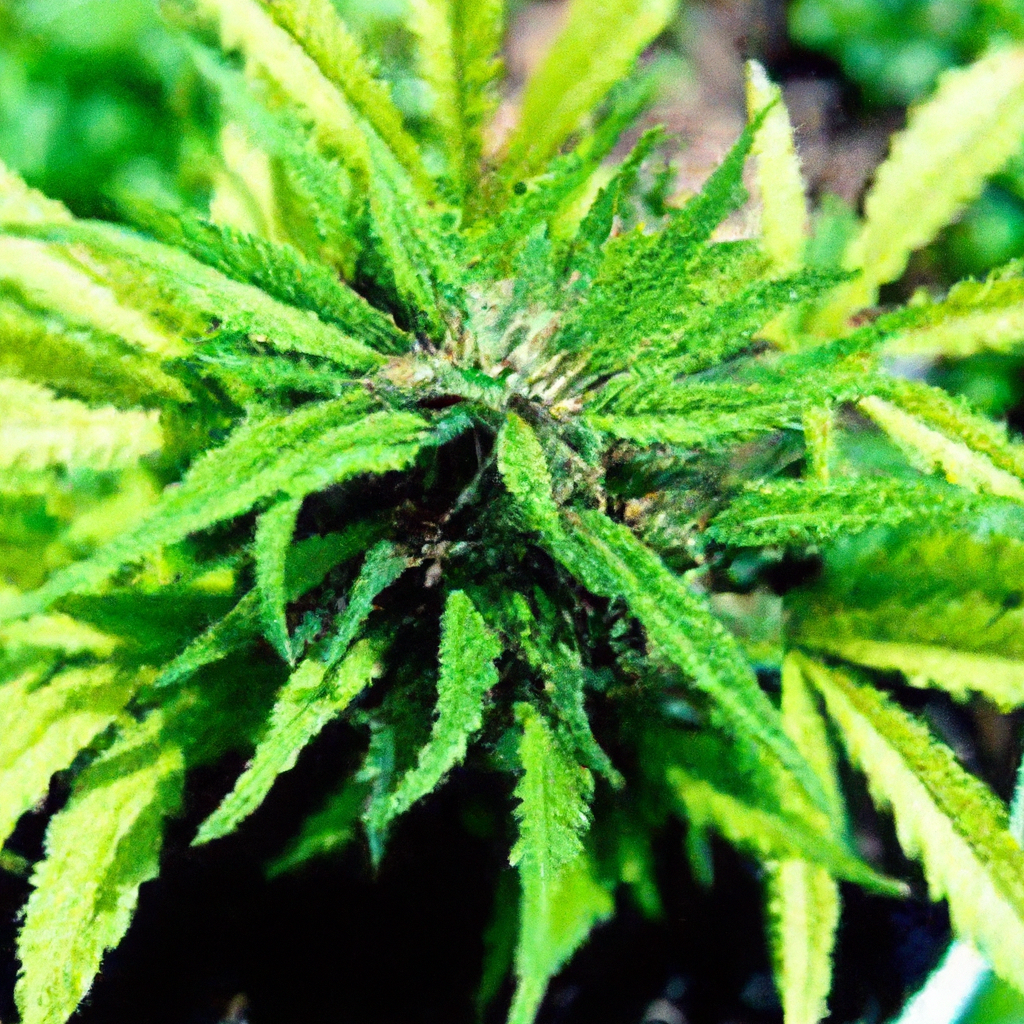
Organic cannabis cultivation emphasizes harmony with the environment, utilizing natural fertilizers, compost, and eco-friendly pest control to create sustainable ecosystems. Key practices include building healthy soil through compost and cover crops, using organic fertilizers like manures and plant-based meals, and adopting natural pest management such as companion planting and beneficial insects. These methods foster sustainability…
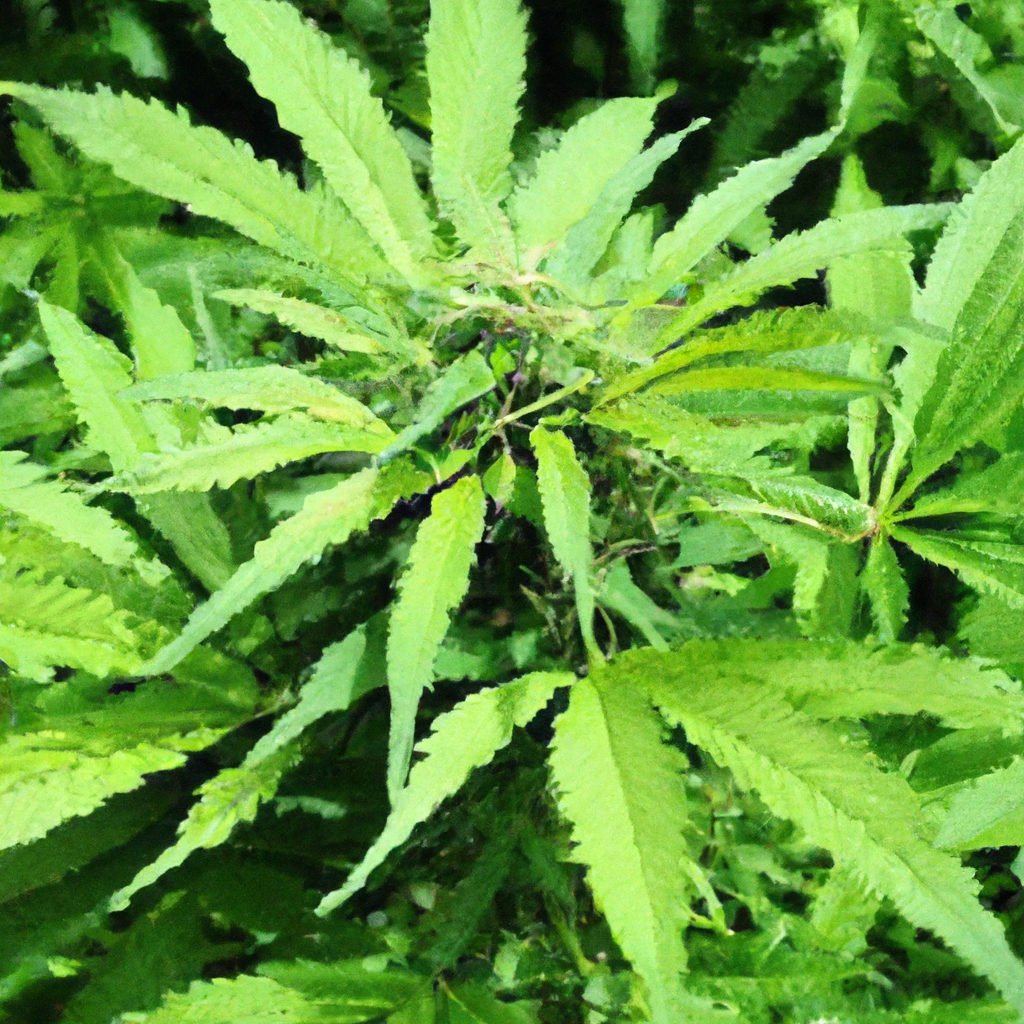
In a world increasingly focused on sustainability, organic cannabis cultivation is gaining popularity due to its environmental and consumer benefits. This guide highlights essential organic practices, such as using natural fertilizers like compost and fish emulsion, implementing pest control through companion planting and beneficial insects, and enhancing soil health with crop rotation and mulching. Organic…
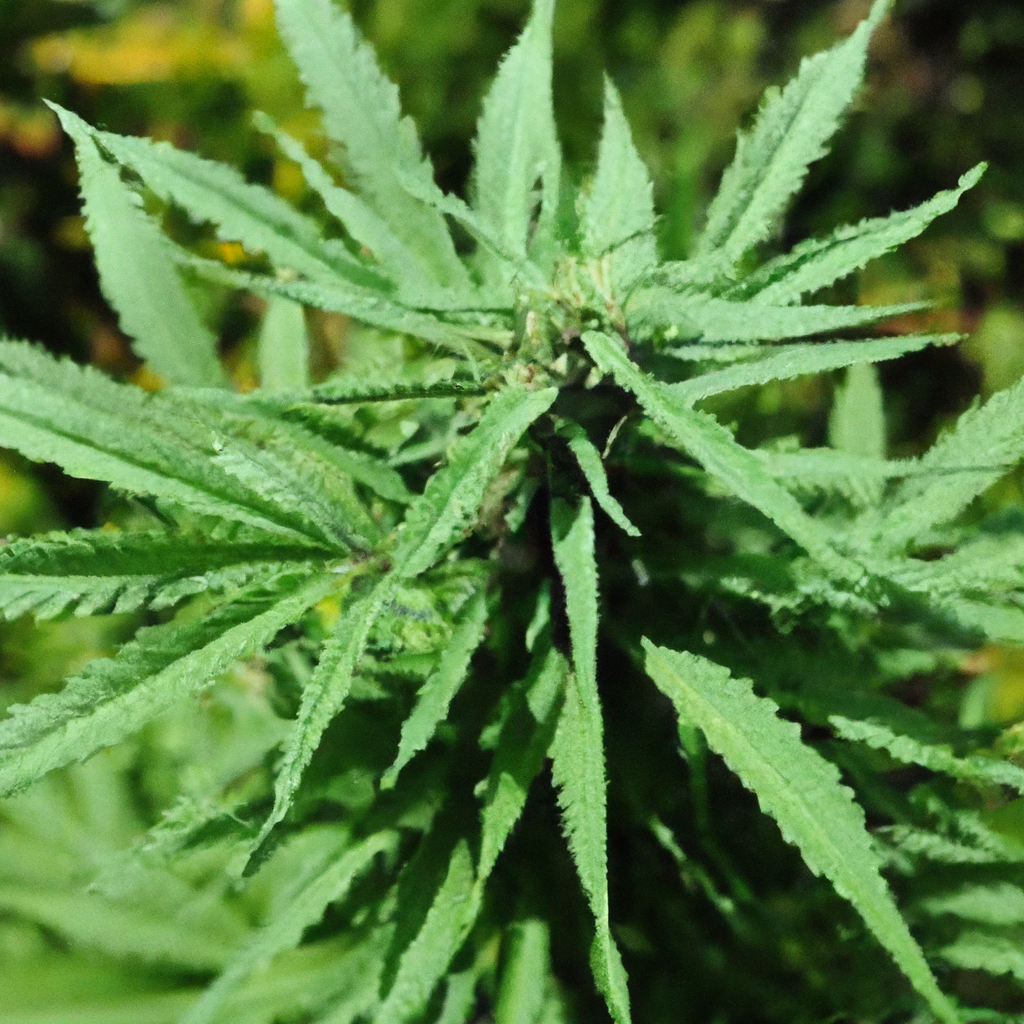
As the cannabis industry expands, interest in eco-friendly methods also rises. Organic cannabis cultivation emphasizes sustainable practices like using natural fertilizers, composting, and biological pest control, which benefit the environment and consumer health. This approach enriches soil with natural amendments and employs beneficial insects for pest management. Focusing on a robust soil ecosystem, organic methods…
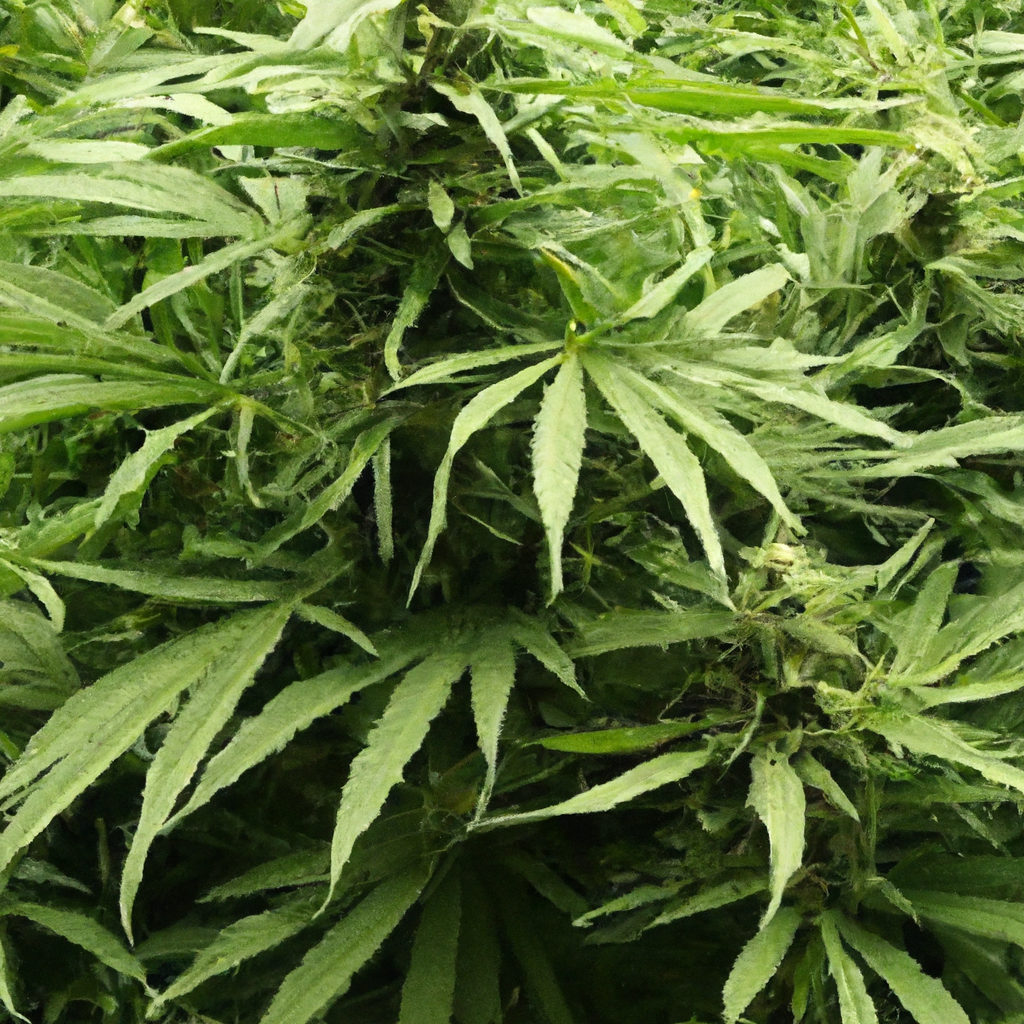
In the pursuit of environmentally conscious agriculture, organic cannabis growing exemplifies sustainable cultivation by utilizing natural resources and eliminating synthetic chemicals. Key practices include building a robust soil ecosystem through composting, companion planting, and beneficial microbes, alongside using organic fertilizers like manure and fish emulsion. Natural pest control methods, such as neem oil and diatomaceous…
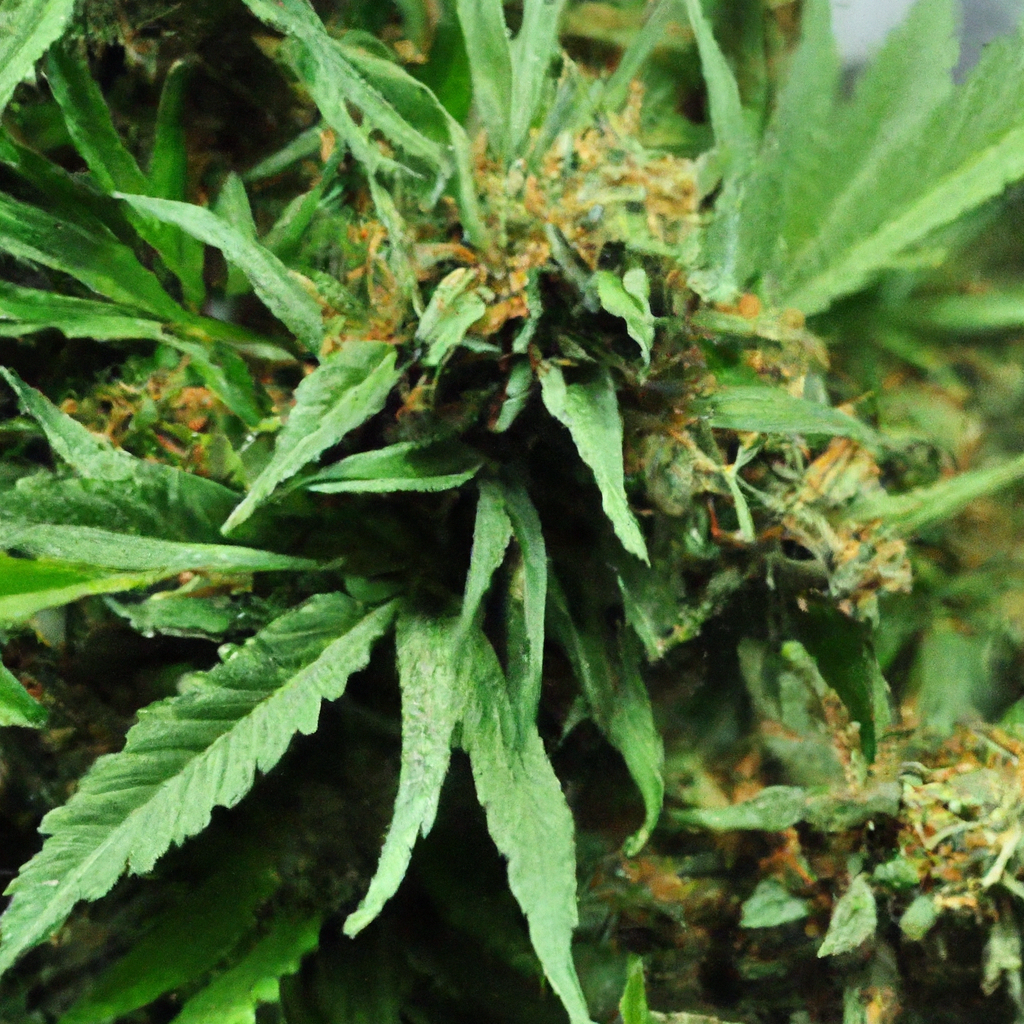
Eco-conscious growers are increasingly adopting organic cannabis cultivation techniques to produce cleaner and healthier harvests. This approach supports environmental sustainability and offers a more aromatic product for consumers. Key practices include using natural fertilizers like compost to enrich soil, employing companion planting and crop rotation for soil health, and utilizing natural pest control methods, such…
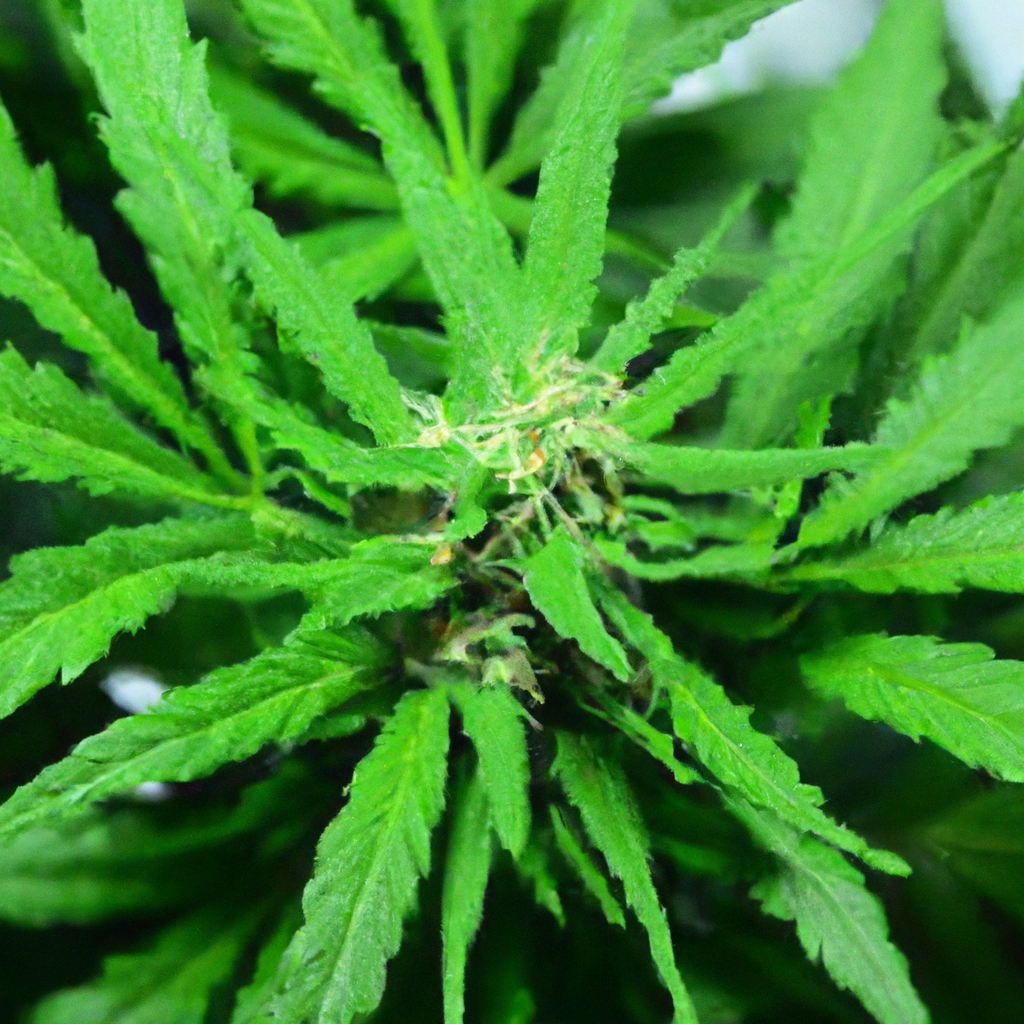
Effective fertilization is crucial for maximizing cannabis growth, whether indoors or outdoors. This guide emphasizes the importance of nutrient management, highlighting the roles of macronutrients like nitrogen, phosphorus, and potassium, as well as trace micronutrients. Key practices include conducting soil tests to prevent over-fertilization, selecting the right fertilizer based on your soil’s needs and the…
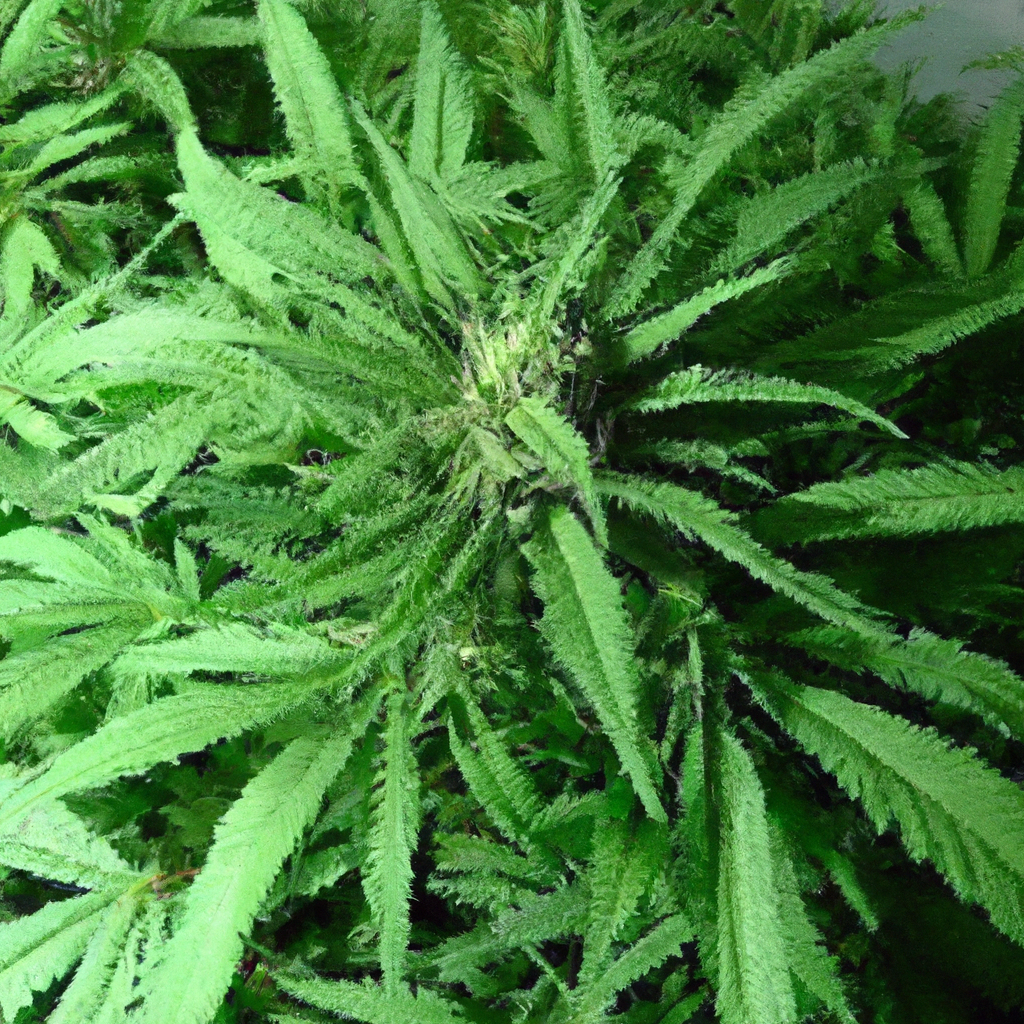
Organic cannabis growing prioritizes environmental health through sustainable practices, avoiding synthetic chemicals in favor of natural fertilizers and pest control. This approach begins with building healthy soil ecosystems using organic compost, beneficial microbes, and crop rotation. Choosing natural fertilizers like manure and bone meal supports plant nutrition without chemical impacts. Natural pest control methods, such…
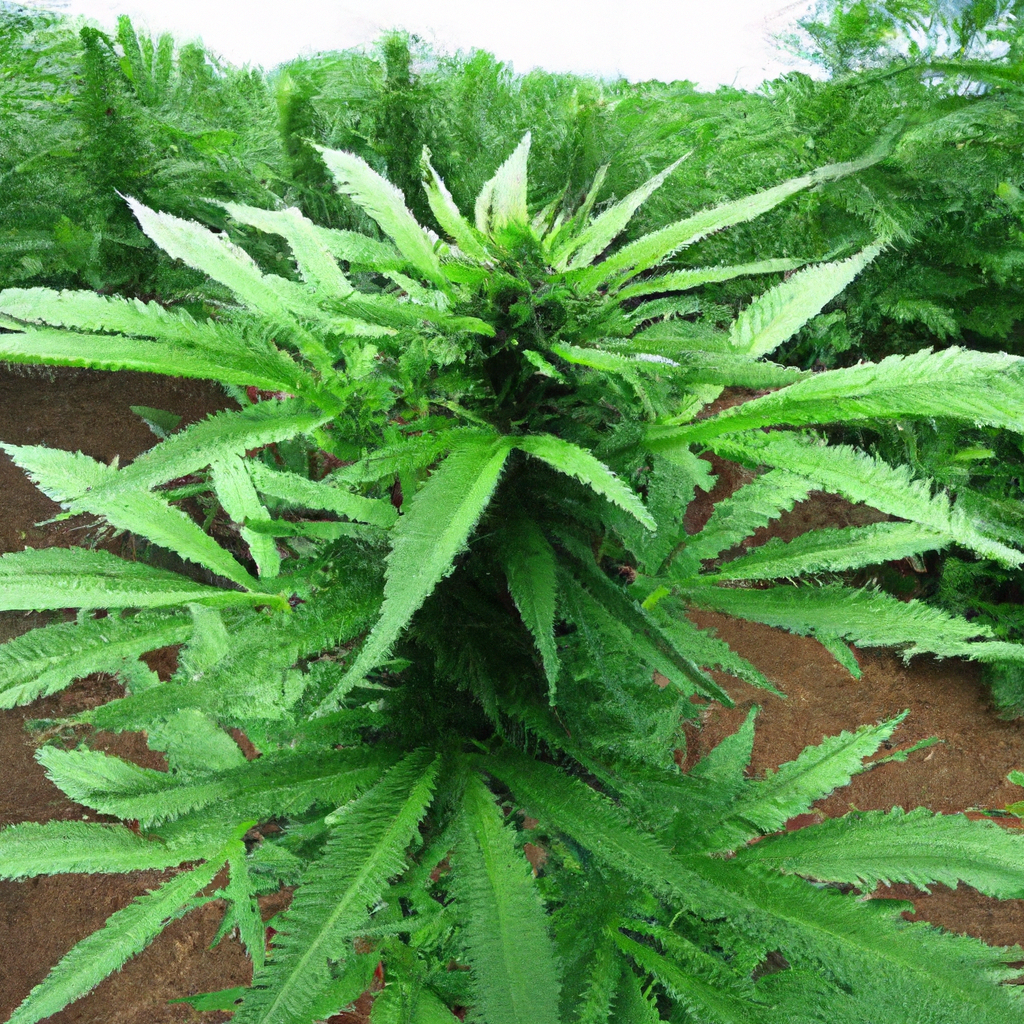
Cultivating cannabis successfully benefits greatly from implementing crop rotation, an age-old agricultural practice that enhances soil health, controls pests, and boosts yields. By rotating cannabis with different crops such as legumes, cultivators can enrich the soil with essential nutrients while breaking pest and weed cycles. This approach fosters sustainable and eco-friendly farming methods, leading to…
